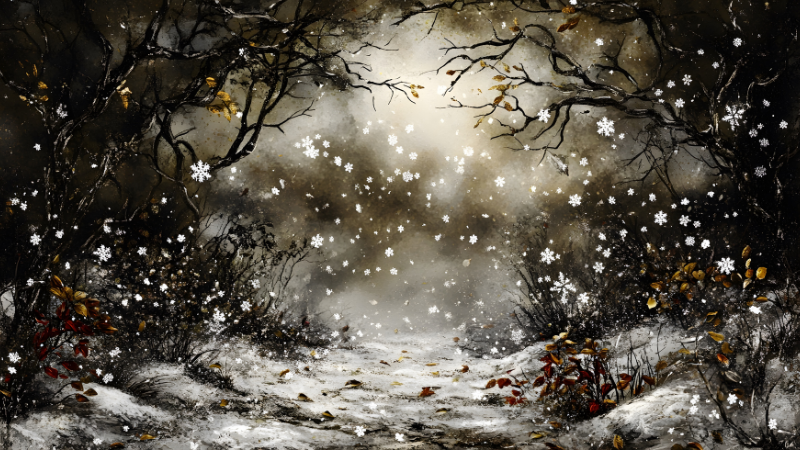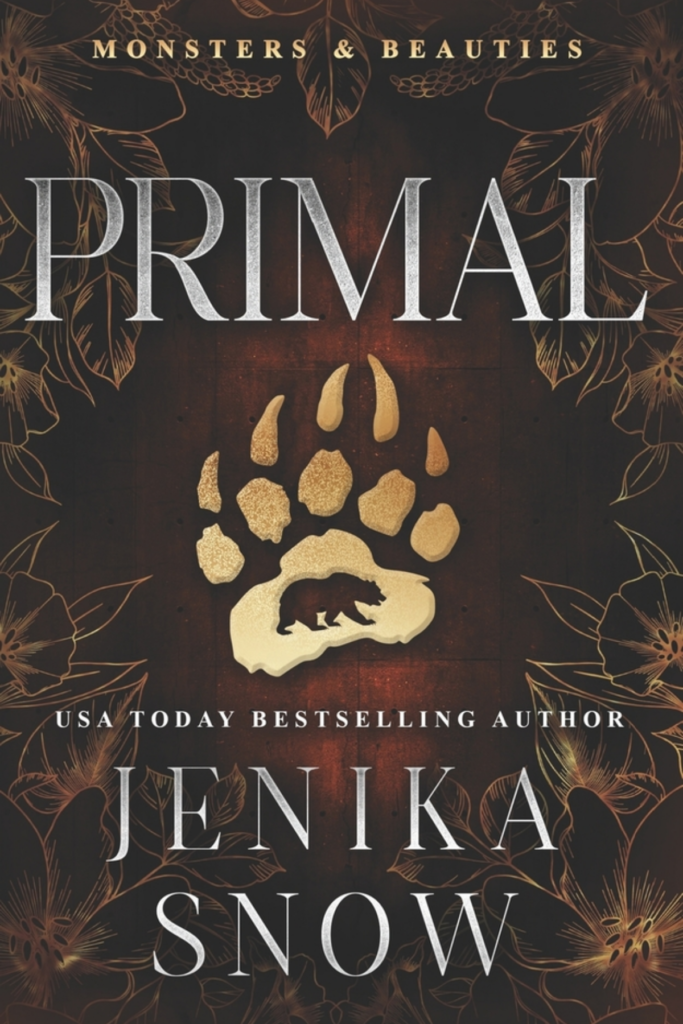About a year ago, I wrote a blog post about my top seven tips for aspiring writers, and now it is time for part 2! Let me know which tip was most impactful to you and why in the comments.

To Sum Up:
In part 1 of this blog post, my top 7 tips were:
1. Write.
2. Write Every Day
3. Write Every Day for 2 Minutes
4. Keep Going
5. Switch it up
6. You Cannot Edit an Empty Page
7. Create an Outline
8. Give Yourself a break
Let's keep going with another 7:
1. Give Yourself Permission to Jump Ahead (or Jump Back)
There is this weird expectation out there that an author simply "sits down and the story flows out of them, end to end". Wrong bucko! I mean, maybe it does, but maybe you are like me, and the story comes in chunks. Often the chunks are so mixed up and out of order, that they do not resemble a story so much as a pile of ideas that are in desperate need of organizing. So, if that happens - it is okay. Let the chunks happen. Write the chunk you can see and then see what happens next. Maybe you'll be inspired to write the very next scene, maybe you'll see a chunk that is missing from earlier in your book and suddenly have the solution for that little element that was bugging you.
Let the story and the process take you where it will, and if it takes you on a wild goose chase, or a merry go round, that's just as good as a road trip straight across the prairies. It doesn't need to be linear. It can be a tangled mess of words and ideas that you later sort into the correct order.
No matter how you get there, you will get there if you just keep putting one chunk in front of the other
Q: What 'chunk' have you been holding off on writing? What might happen if you jumped to it now?
2. Build Out Your Characters
I always struggled with this one. I like to think that my characters live inside my head and as soon as I put pen to paper they will all pop out - fully formed and show me where they want to go. I am learning that this is not the case and that I have better success when I take the time to write down who my character is, what they want, and where they are going. The deeper I go into character development, the richer the story becomes, and the easier it is to follow them to their next moment.
Unsure where to start? Give these 10 physical appearance questions a try.
Describe your character's physical appearance.
- The basics -age, race, height weight, and eye colour.
- Their style. What do they wear? Who is their style icon? Do they underdress or overdress for occasions? What do they have in their closet?
- Do they have scars? How did they get the scars?
- Do they have any tattoos, peircings, or body modifications? If so, tell the story behind each. If not, do they have a religious or cultural aversion to such things? What is their opinion of people that have body modifications?
- Do they wear jewelry? Write the story behind each important piece of jewelry.
- Describe their hands. Are they soft or strong? Do they get their nails done? How do they shake hands?
- Do they have any injuries? If so, tell the story behind them.
- Do they feel comfortable naked? This goes deeper than just understanding if they look good naked. Are they comfortable naked? Are they comfortable in their skin? What do they think about their body?
- Do they wear makeup? If so, how much? How long does it take them to do it? Is it subtle or a statement? If not, what do they think about people who wear makeup?
- Talk about their hair. Length, colour, texture, etc.? How often do they wash their hair? Do they get it cut professionally, cut it themselves, or have someone else cut it? What styling products do they use?
Q: What other questions could you answer about your character's appearance?

3. Build Out Your Setting
You know where your story takes place, but can you see it? Can you stand in the setting, look around, and know that place like you know the space you are currently sitting or standing in?
Fleshing out your setting can add richness to your storytelling. You can drag your readers in deeper when they can picture where the story takes place clearly and appreciate all the work and effort you put into building a world for them.
Not sure where to start? Here are 10 questions you can ask yourself about your setting to help it come to life.
Describe Your Setting
Close your eyes and stand in your setting.
1. What can you see? Are you surrounded by nature or the city? Are their buildings or plants? What colour is everything? What is the light like?
2. What can you hear? Is it noisy or quiet? Are there people or machines that you can hear? How loud are the noises? What do you need to be able to hear to move your story forward?
3. What can you smell? Are there flowers or trees that are scenting the air? Car exhaust and hot asphalt? Dirt, tar, sea, water? Does it smell good or bad? Soothing or upsetting?
4. What can you taste? What is the air like? Can you taste spices, salt, or pollution on your tongue? What food is around you? What would you eat first if you were standing in your setting?
5. What can you feel? Is this a safe or dangerous space? Is it soothing or upsetting? Is the ground hard or soft? Are earthquakes, or land shifts common?
6. How did the setting get this way? Was there a natural event, a war, or an industrial revolution that impacted the setting?
7. Why is your story set here? Why is the setting important for the tale you want to tell?
8. Who might want to live here? Each setting is the ideal place for someone. Who is that person and why would they rather be where you are?
9. How will this setting change by the end of your story? Or will it be exactly the same, unimpacted by the situation going on all around you?
10. How does your setting impact your characters and story? What obstacles or advantages does your setting offer?
Q: What other questions could you ask yourself about your setting to make it richer, bigger, better or more clear in your mind?

4. Understand Your Antagonist
This may seem obvious, but your antagonist should be as clear and complex as your MC. If you haven't already done so, go back up to the second suggestion and work the questions with your antagonist.
Want more than just a physical description? Try answering these questions.
1. How would your antagonist's best friend describe them?
2. What was your antagonist's relationship with their parents like?
3. What upsets your antagonist the most?
4. What makes your antagonist happiest?
5. How does your antagonist unwind after a long day?
6. Where would your antagonist go on holiday?
7. How does your antagonist spend their money?
8. How does your antagonist spend their time?
9. What - if anything - does your antagonist have against your MC?
10. How would your story change if you had a different antagonist?
Q: What additional questions would you answer to better understand your antagonist?
5. Understand the Conflict
Often it is the conflict between the MC and the Antagonist that drives a story forward. Understanding that conflict on a deep level can help make the story easier to write. Try answering these questions to get a better understanding of your central conflict.
1. Describe your conflict in 10 words or less.
2. Why is the conflict happening?
3. Who does the conflict impact?
4. What would instantly solve the conflict?
5. What would make the conflict infinitely worse?
6. What would be the impact if the conflict were never resolved?
7. Where would the conflict take you if you had to change settings?
8. Why is the conflict important to the characters in your story? i.e. Why do they care?
9. If you had to write a headline describing your conflict, what would it sound like?
10. What is/would be the impact when the conflict gets resolved?
Q: What additional questions would you need to answer to deeply understand your central conflict?

6. Don't Get Lost in the Weeds!
As I am sitting on my couch, looking out over a beautiful day, I am getting this sinking feeling that I am leading you all down a dark path - the Path of Eternal Preparation.
This is a quicksand pit of "doing everything except writing" and something to be avoided at all costs.
Only you know how susceptible you are to being seduced by this writing demon, and I want to make sure I address this before the end of the post.
This is what the Path of Eternal Preparation looks like.
You know every cell of your MC but have never written a single sentence.
You've commissioned a sketch artist to draw you a picture of your MC, but are still on your first chapter.
You have scale drawings and/or models of your fantasy world, but have yet to finish your first draft.
You have twice as much written about your MC's secret past than you have written in your manuscript.
BEWARE the Path of Eternal Preparation!!
Long and short, fleshing things out is great and can be very important to get a good grip on your story, making it deeper, richer, and more accessible - but you still have to write! You are not building a world and humans from scratch forever. You do not need to know everything before you start. Things will evolve and shift as you craft your story, so do not worry if you get going and find out that your MC really has to be from St. John's Newfoundland when you originally had them born and bred in Vancouver. It's okay for the details to shift and grow.
Here is my advice: If you are going to spend some time expanding on the characters, setting, plot and conflict, that is great! Just don't spend too long.
Set yourself a timer. 10 minutes, 30 minutes, 1 hour - whatever is reasonable to you. Know before you press the 'go' button that this is the time you have set aside to expand on your topic of choice. Answer as many questions as you can before the timer goes off - or spend the whole time going deep on just one question. When the timer goes off - stop! The time you set is the right amount of time to work on this one element of your story. The information you gathered is the right amount of information to make your story bigger, deeper, and better. Do not make a career out of detailing every hair on the head of every side character.
Here is an example I like from Disney/Pixar. The way I heard the story:
During the creation of the movie Monsters Inc., there is a scene where Mike and Tully knock over a stack of DVDs. Each and every DVD has a digitized cover of a monster version of a movie. Every. Single. One. Including the ones you do not get to see in the one-second clip of the pile going down.
In this case, the movie was still completed, the project finished, but how much time was spent on this throw-away detail? How much money?
You have a finite amount of time on this planet, my friend. Remember to spend your time and energy where it matters most - on writing your book.
Q: How else can you safeguard yourself against the dreaded Path of Eternal Preparation?

7. Embrace Mistakes
No matter how much time and energy (and again, I recommend you limit this) you spend on fleshing out your characters, plot, conflict, etc. you are still going to hit bumps in the road when you write.
Expect them.
Embrace them.
Learn from them.
Writing is truly a journey, not a destination. The more you write the better you will get. The more mistakes you make, the better you will learn. Lean into the discomfort of the unknown. If you are not uncomfortable, you are not learning, so get comfortable being uncomfortable. And if something gets to be too easy, look for ways to ramp up the difficulty so you can continue to learn and grow.
Q: What was the last big mistake you made that you learned something powerful from?

Well, that's all I have for you today.
Enjoy the journey! I cannot wait to see what you create.
PS: I am looking for authors to feature in upcoming blog posts. At this time, I only feature authors of adult fiction, with priority held for authors of erotica, dark fantasy, and adult fairytales. If you are interested in being featured in an upcoming blog post, please complete this form, and I will be in touch.




